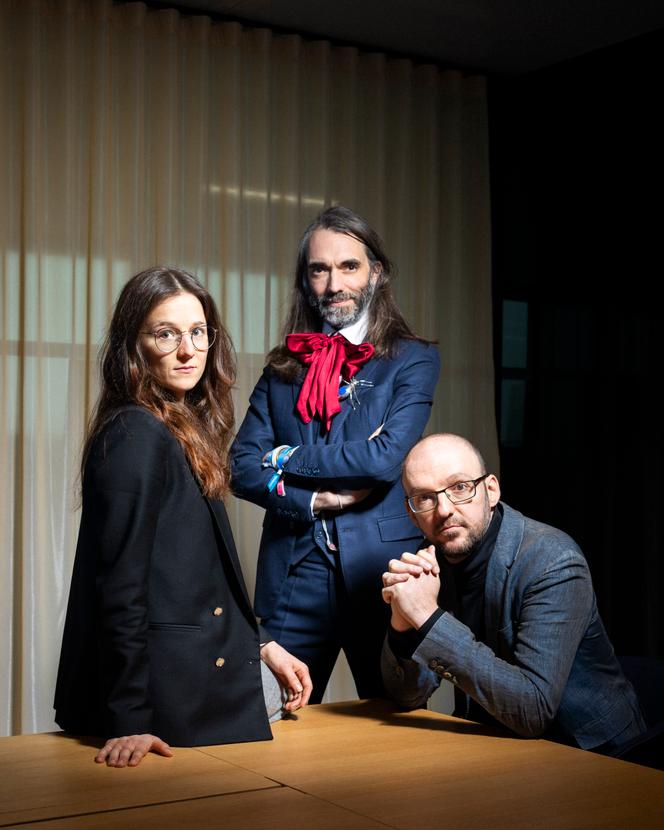


The day after taking office on January 21, 2025, Donald Trump announced his intention to facilitate investment in artificial intelligence (AI) infrastructure. A $500 billion initiative, among others, suggested the tech world and the White House were aligned to establish American supremacy in innovation. China, whose ambitions in this sector and fundamental research have made it the world leader in terms of scientific publications and patent registrations, immediately retaliated. DeepSeek, an AI with unexpectedly high performance, has challenged ChatGPT, the tool developed by the American company OpenAI. Beyond the hype, does this technological joust signal a shift on the geopolitical and scientific stage?
Some recent milestones suggest this. Like the Nobel Prize. In 2024, the chemistry prize honored Google subsidiary DeepMind for its unprecedented ability to use AI to predict the structure of proteins. It was a sign that fundamental research in cutting-edge sectors can free itself from the academic world while diversifying its areas of interest. Fundraising in AI is impressive, while public research is struggling to retain the brains sucked in at a frenetic pace by the private sector.
You have 94.26% of this article left to read. The rest is for subscribers only.
